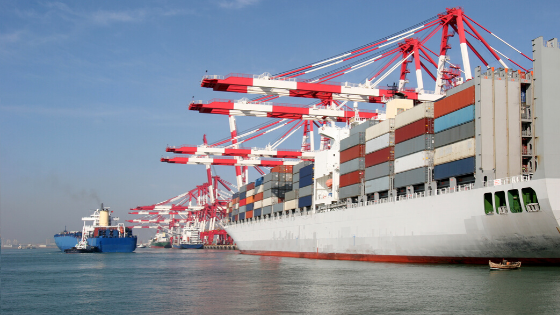“The groups calling for tariff suspension during the COVID crisis are the same ones that have continually advocated for subsidized foreign production,” said CPA Chair Dan DiMicco. “America was unprepared because we let production move overseas despite SARS and other health crises. We should not consider tariff relief when U.S. companies are ready and able to provide personal protective equipment, medical devices, and medical supplies.”
In response to a congressional inquiry, the International Trade Commission (ITC) recently produced a list of imported supplies being used in the COVID-19 response. However, the ITC did not determine whether domestic alternatives exist. Despite this, some in Congress have asked the Office of the U.S. Trade Representative to suspend tariffs for 90 days on the entire list of imports.
CPA has previously identified more than 600 domestic U.S. companies that are currently either producing relief supplies or stand ready to do so. And last month, CPA delivered a list to President Trump of hundreds of domestic companies available to produce COVID-19 related equipment. As just one example, sterilization products are part of the ITC list. However, many domestic companies have already shifted operations to produce hand sanitizers. This is a success story—since it means there is simply no sanitizer shortage. CPA notes that suspending tariffs now on these types of products would only undercut U.S. companies who are now manufacturing them.
U.S. companies are already assisting the White House coronavirus task force in supplying personal protective equipment (PPE), including:
—Textile maker Parkdale Mills, which has responded aggressively to produce face masks, swabs, and hospital gowns. Parkdale is the largest textile manufacturer in the western hemisphere and employs more than 5,500 workers.
—Ankerpak, a small Georgia company that is helping to produce and ship tens of thousands of face shields each day.
—Xenex, a Texas company that is now increasing production of its LightStrike robot, which uses pulse xenon light to kill COVID in hospitals, clinics, and nursing homes. Xenex’s technology has reduced hospital-acquired infections by 50-85 percent.
“It’s repugnant that the issue of COVID relief should be used as a self-serving opportunity by the import lobby to justify profiteering through offshoring and the loss of America’s self reliance,” said Michael Stumo, CEO of the CPA. “The idea that we ‘don’t make it here’ is simply false in most cases. The United States has some of the world’s most nimble and advanced manufacturing capabilities. As we pivot to economic recovery and future preparedness, we should be continuing tariffs to encouraging investment in new production lines and new plants that can hire unemployed workers and that can offers wages higher than pre-COVID service industry work.”













